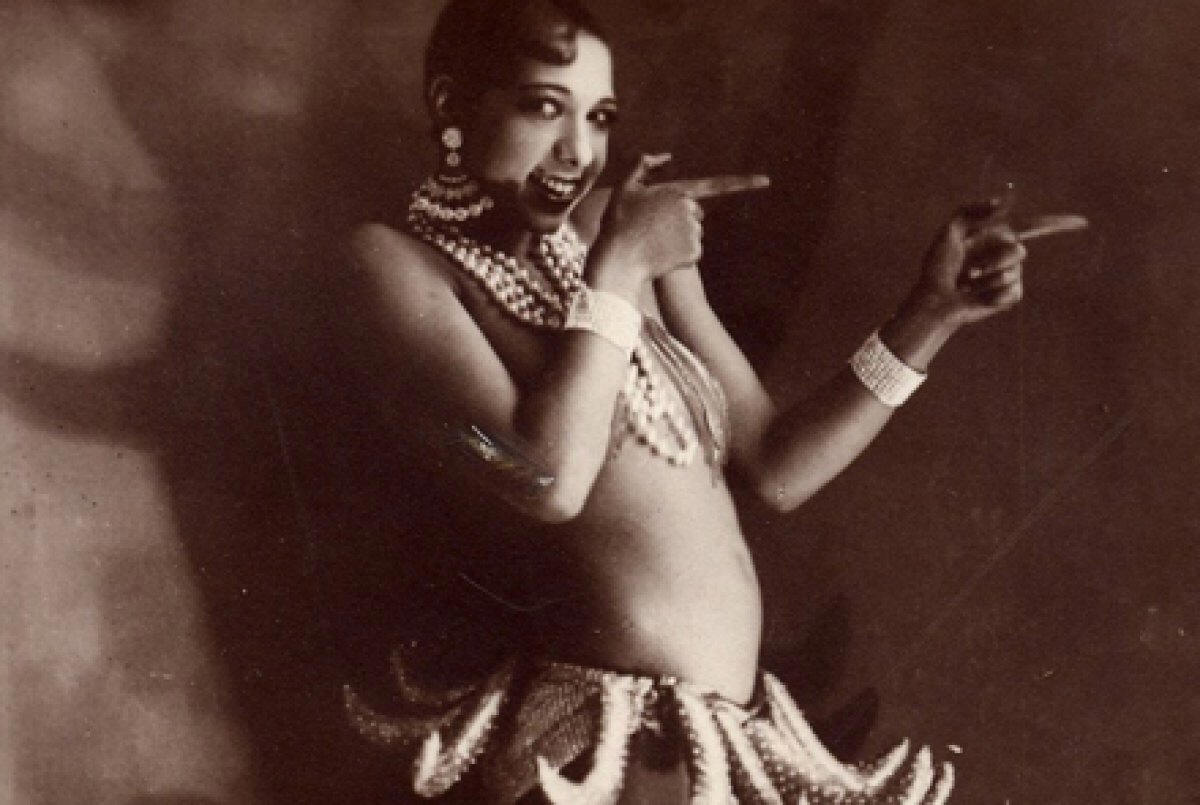June 03
Josephine Baker's Birthday
 |
|
Josephine Baker was an American-born French expatriate entertainer and singer who became a French citizen in 1937, in part, because of the absence of racism there.. She was most noted as a singer, although in her early career she was a celebrated dancer. Josephine was the first black female entertainer to break through racial prejudice in Europe and the first black woman to star in films (Zou-Zou in 1934 and Princess Tam-Tam in 1935). Josephine started her career as dancing in vaudeville when she was 15. After a few years as a dancer in New York, Josephine opened in Paris at the Théatre des Champs-Élysées, where she became an instant success for her erotic dancing and for appearing practically nude on stage. She later stared at the Folies Bergères where she performed the Danse sauvage, wearing only a necklace and a girdle of bananas. In 1951, Josephine was refused service at the famous Stork Club in New York City. After yelling at columnist Walter Winchell, another patron of the club, for not coming to her assistance, she was accused by Winchell of communist and fascist sympathies. Never as popular in the US as in Europe, Josephine found herself fighting the rumors begun by Winchell. She responded by crusading for racial equality, refusing to entertain in any club or theater that was not integrated, thereby breaking the color bar at many establishments. In 1963, she spoke at the March on Washington at the side of Martin Luther King, Jr. |
Josephine had her greatest song hit, "J'ai deux amours" in 1931 and became a muse for contemporary authors, painters, designers, and sculptors including Langston Hughes, Ernest Hemingway F. Scott Fitzgerald, Pablo Picasso, and Christian Dior. In the words of Shirley Bassey, who cited Baker as her primary influence, " ... she went from a 'petite danseuse sauvage' with a decent voice to 'la grande diva magnifique' ... I swear in all my life I have never seen, and probably never shall see again, such a spectacular singer and performer."
During World War
II, Josephine demonstrated her
loyalty to her adopted country by participating in the Underground and smuggling intelligence to the resistance in Portugal coded within her sheet
music. After the war, for her underground activity, she was awarded the
Croix de Guerre and the
Légion d'Honneur by General Charles de
Gaulle, and also the Rosette of the Résistance.
She was also immortalized by a wire sculpture by Alexander Calder
in 1927.
We celebrate Josephine's birthday with a banana soufflé which we
suggest pairing with
The Josephine Baker Story (1992) an
Emmy-award TV biopic on Baker's life with Lynn
Whitfield as Josephine.